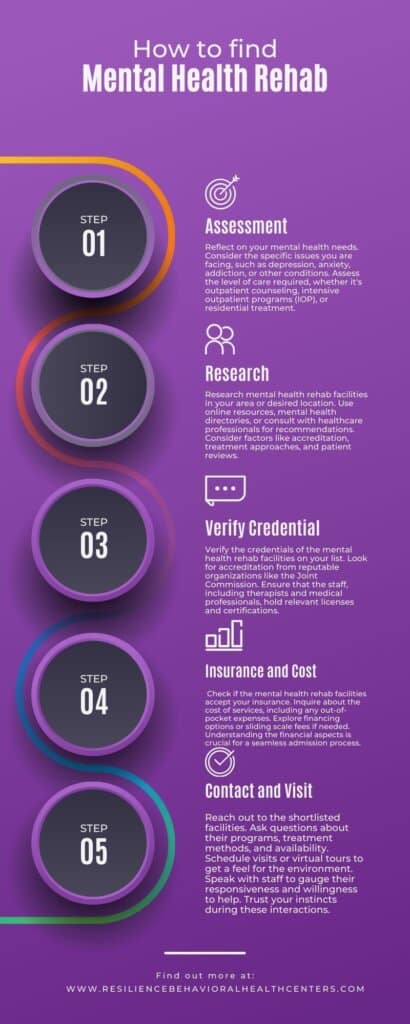Inpatient Vs Outpatient Mental Rehab: Pros and Cons
Navigating the landscape of mental health rehab options in Massachusetts can be a complex journey, and understanding the distinctions between inpatient and outpatient care is crucial.
In this article, we delve into the pros and cons of inpatient versus outpatient mental rehab, offering insights that can help individuals and their loved ones.
Inpatient Mental Health Rehab Massachusetts
Inpatient mental rehabilitation refers to a comprehensive and structured form of mental health care provided in a residential setting. This is for individuals with severe mental health disorders that require intensive, 24-hour monitoring and support. In the US, around 109,241 inpatient psychiatric beds are available.
Moreover, their professional team collaborates to develop a highly structured program, including therapy sessions, group activities, and medication management.
Pros of Inpatient Treatment
- Inpatient programs provide high care and support, with professionals available 24/7.
- Their immediate services can be life-saving for individuals experiencing suicidal thoughts, severe anxiety, or other acute mental health emergencies.
- This multidisciplinary approach allows for a comprehensive assessment and a tailored treatment plan.
- Inpatient programs offer close monitoring of medication effectiveness and side effects.
Cons of Inpatient Treatment
- Societal stigma – individuals might fear judgment from others, leading to feelings of shame or social isolation.
- Limit personal autonomy – individuals may have restricted access to personal belongings and a lack of control over their daily schedules.
- Inpatient mental health treatment can be expensive, and not all individuals have access to comprehensive insurance coverage.
Outpatient Mental Health Rehab Massachusetts
Outpatient mental health treatment is suitable for individuals with conditions that don’t require 24-hour supervision or intensive, round-the-clock care. It allows individuals to receive the necessary support and treatment while maintaining independence and involvement in their daily lives.
Outpatient treatment services may include individual therapy, group therapy, medication management, psychoeducation, and support groups. The specific components of a program depend on the individual’s needs and the nature of their mental health condition.

Pros of Outpatient Treatment
- Flexible schedules and independence.
- Social support – enables individuals to stay connected with their communities, friends, and family.
- Outpatient treatment is more cost-effective than inpatient or residential care.
- Minimizes the concept of taboo associated with mental health.
Cons of Outpatient Treatment
- Limited Supervision
- Less Structured Environment
- Limited Crisis Intervention
- Longer Treatment Duration
Which One to Choose?
The choice between inpatient and outpatient mental rehab depends on factors such as
- The severity of the mental health condition
- Safety concerns
- The need for intensive support
- The individual’s ability to manage treatment while residing outside a controlled facility
Often, a tailored combination of inpatient and outpatient services may be the most effective approach to providing comprehensive and individualized mental health care.

